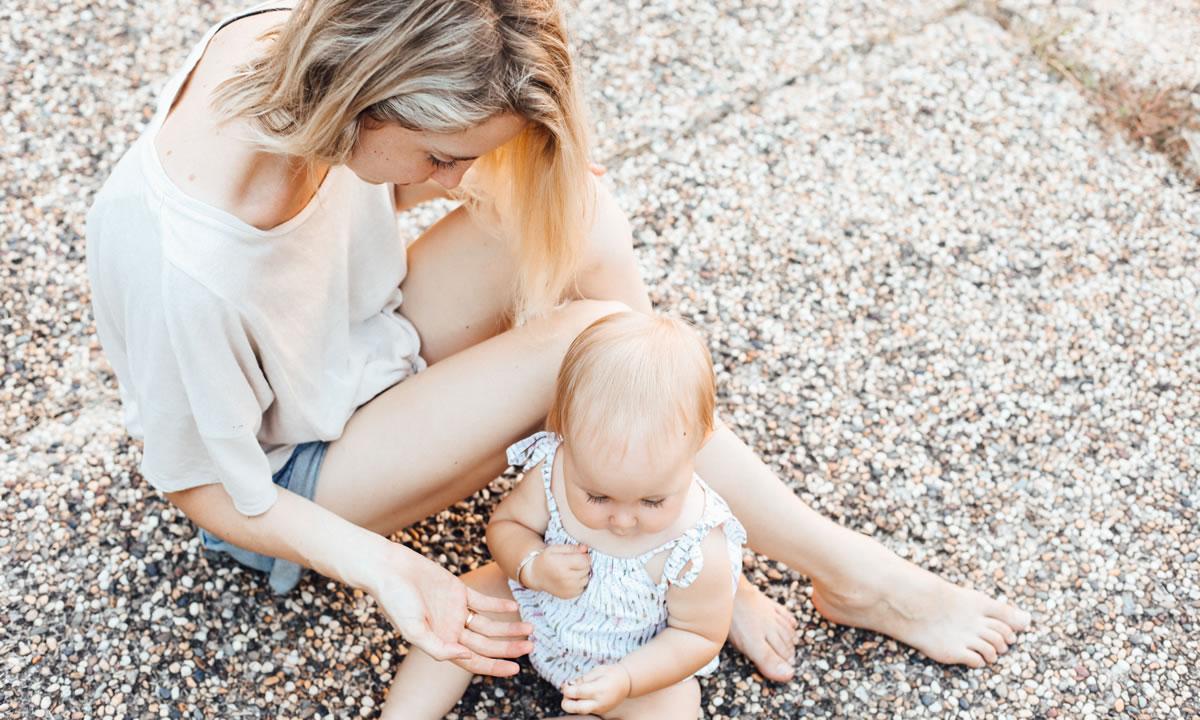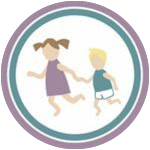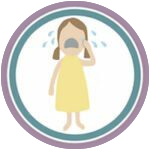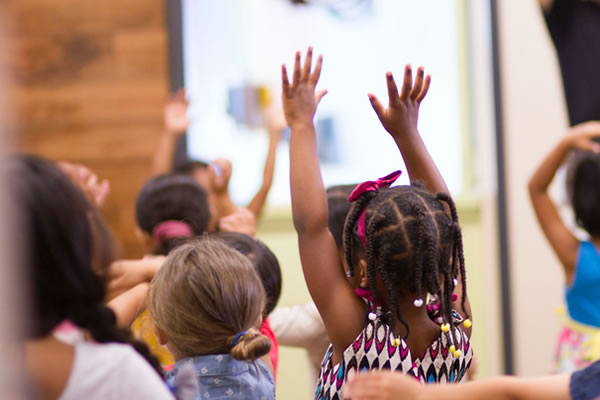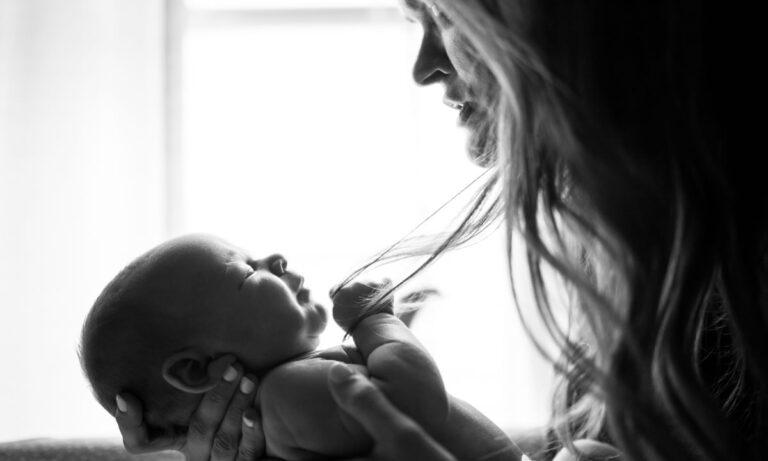Reflections on how to respond when other people correct or intervene with your child
By Naomi Aldort
A mother asked what to do when people in public or elsewhere in the community, correct her young child, specially when it opposes to what she would want to say. Here is my response, which is very different than any I have ever seen:mother and child
Yes, there are situations that I would pluck my child and move away, obviously, while validating her feelings as needed and calmly. But, most people’s interventions are not dangerous and can be well intended and sometimes even useful. It is good for children to encounter real life and real people, and to experience relationships on their own without parental mitigation. This is how humans are and children learn to deal with real people this way (when safe of course and depending on age). To undo damaging “correction,” I respond to the child; not to the adult!
(Incidentally, this is the best lesson for the adult too.)
This way the child learns how to respond, rather than how to change the other. She learns to take care of herself rather than see herself as a victim who needs rescue or a defense. This builds emotional resilience and teaches skills of empathy and kindness because you communicate to the child with empathy, validation and kindness as well as with strategy for self care and avoiding focus on blame.
For example, you may say, “This man told you xyz…” and, depending on the response or facial expression and the situation, you can connect with your child. First find out if it really mattered, “How do you feel about what he said?” If the child says or looks hurt, you can validate, “If you don’t like… we can go elsewhere.” Sometimes, it is not reparable, or your child has to cooperate in ways you or she don’t like. Don’t teach the other person; care for your child like other people are the rain and wind. “Well, it looks like you won’t be able to play on the slide now. What would you like to do instead?” And if the child cries, listen and hug as needed without adding righteousness or drama. Your goal is to ensure that your child stays rooted in herself and knows that she can trust the way she feels. And, that if the situation is such that she doesn’t get her way, she can handle it.
Or, if harsh words were spoken, listen to your child and connect with compassion but without drama. The child learns to trust her inner voice and to take action for herself, while not trying the hopeless strategy of changing other people.
©Copyright Naomi Aldort 2019

